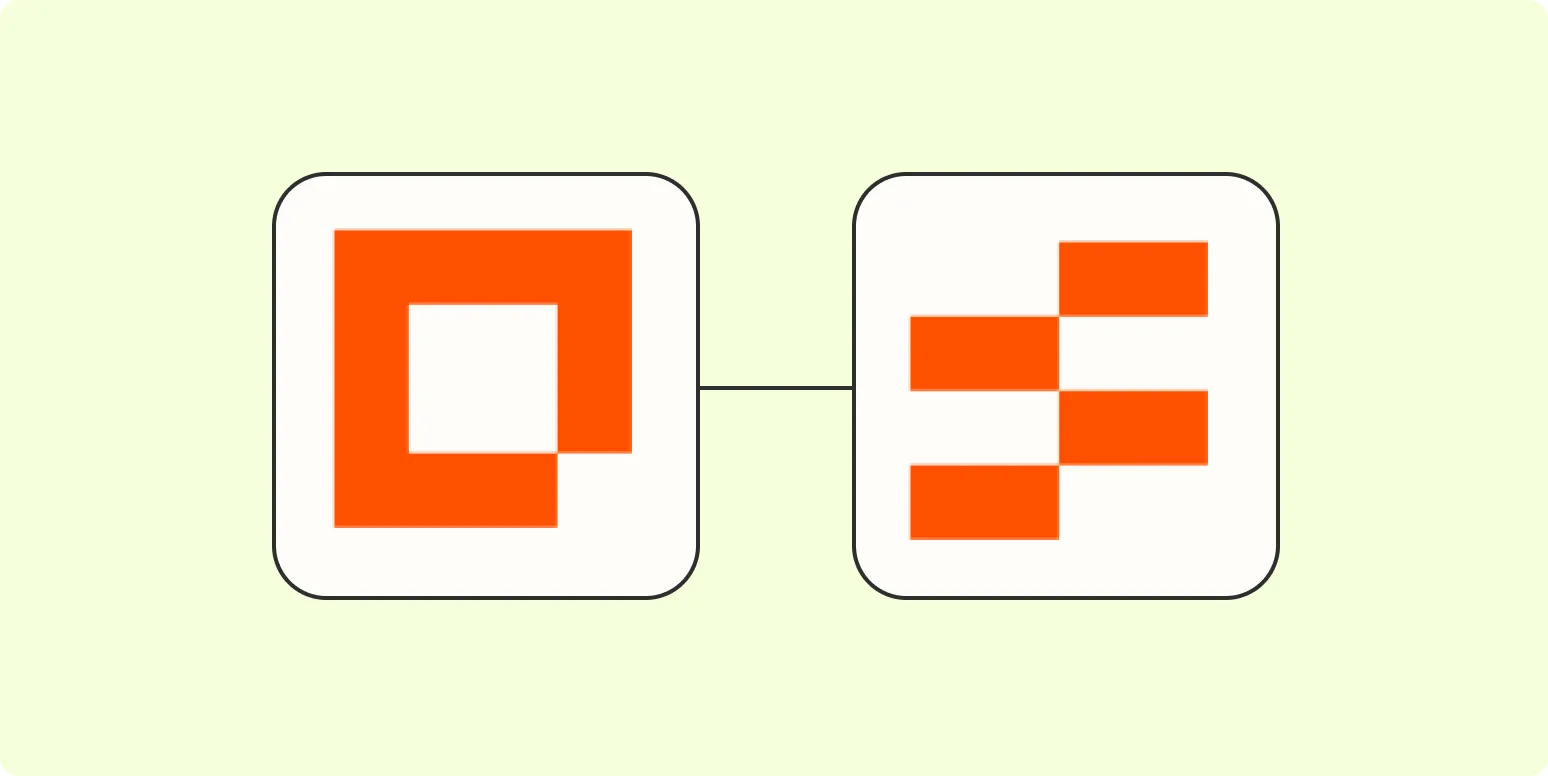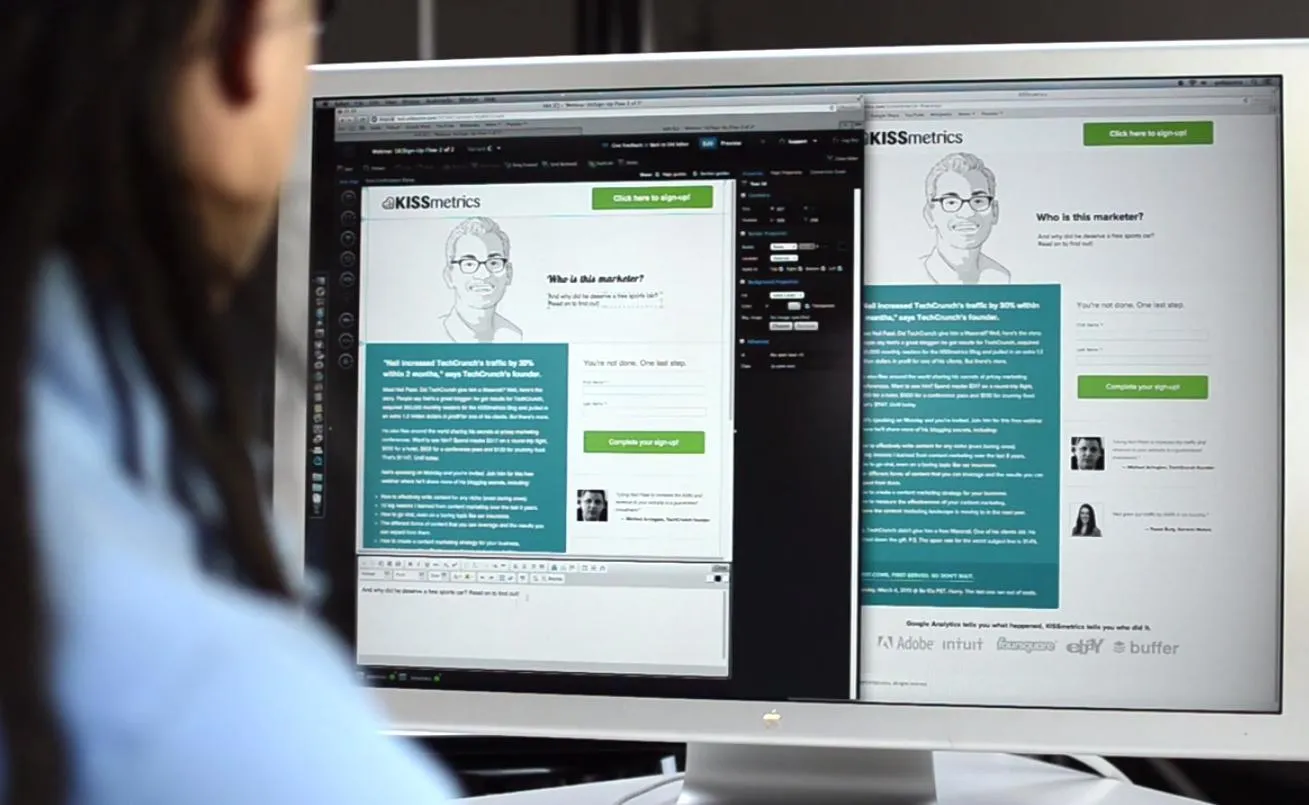Creating a customer support portal is essential for businesses looking to enhance their customer service experience. By automating processes and integrating various tools, you can streamline your support operations and ensure your customers receive timely assistance. One of the most effective ways to achieve this is by utilizing Zapier, a powerful automation tool that connects different applications and services. In this article, we will delve into how to create a customer support portal with Zapier while highlighting related ''referrerAdCreative'' keywords.
Understanding the Benefits of a Customer Support Portal
A well-designed customer support portal offers numerous benefits, including:
- Improved Customer Experience: Customers can find answers to their queries quickly, reducing wait times.
- Streamlined Communication: A centralized location for customer inquiries helps maintain organized communication.
- Increased Efficiency: Automation reduces manual tasks, freeing up your support team to focus on complex issues.
Step 1: Choose Your Tools
The first step in creating your customer support portal is selecting the right tools. Here are some popular options:
| Tool | Purpose | Integration with Zapier |
|---|---|---|
| Help Scout | Email and live chat support | Yes |
| Freshdesk | Help desk and ticketing system | Yes |
| Zendesk | Customer service platform | Yes |
| Google Sheets | Data organization | Yes |
| Slack | Team communication | Yes |
Step 2: Set Up Your Zapier Account
Once you've chosen your tools, the next step is to set up your Zapier account. Follow these steps:
- Visit the Zapier website and create an account.
- Explore the dashboard and familiarize yourself with the interface.
- Connect the applications you selected in Step 1 to your Zapier account.
Step 3: Create Zaps for Automation
Zaps are the building blocks of automation in Zapier. Each Zap consists of a trigger and an action. Here’s how to create effective Zaps for your customer support portal:
Example Zap: Automatically Create Tickets from Emails
This Zap will automatically create a support ticket in your help desk tool when a customer sends an email.
- Select your trigger app (e.g., Gmail).
- Choose the trigger event (e.g., "New Email").
- Connect your Gmail account and set up the trigger filter.
- Select your action app (e.g., Freshdesk).
- Choose the action event (e.g., "Create Ticket").
- Map the fields from the email to the ticket details.
- Test your Zap and turn it on.
Step 4: Integrate Knowledge Base Articles
Having a knowledge base is crucial for empowering customers to find answers on their own. You can automate the process of updating your knowledge base with new articles using Zapier.
Example Zap: Automatically Add New Articles to Knowledge Base
- Choose the trigger app (e.g., Google Docs).
- Select the trigger event (e.g., "New Document").
- Connect your Google Docs account.
- Choose the action app (e.g., Help Scout or Zendesk).
- Select the action event (e.g., "Create Article").
- Map the fields from the document to the article details.
- Test your Zap and activate it.
Step 5: Monitor and Optimize Your Portal
After setting up your customer support portal, it's essential to monitor its performance and make necessary adjustments. Here are some key metrics to track:
| Metric | Description | Tools for Monitoring |
|---|---|---|
| Ticket Resolution Time | Average time taken to resolve customer tickets. | Freshdesk, Zendesk |
| Customer Satisfaction Score | Measure of customer satisfaction post-interaction. | Help Scout, SurveyMonkey |
| Knowledge Base Usage | Frequency of article views and customer interactions. | Google Analytics |
Conclusion
In conclusion, creating a customer support portal with Zapier can significantly enhance your customer service capabilities. By automating ticket creation, integrating a knowledge base, and monitoring key performance metrics, you can ensure your customers receive the support they need promptly. Utilizing ''referrerAdCreative'' keywords throughout your portal will also help in optimizing your content for search engines, driving more traffic to your support resources. Start building your customer support portal today and watch your customer satisfaction soar!





